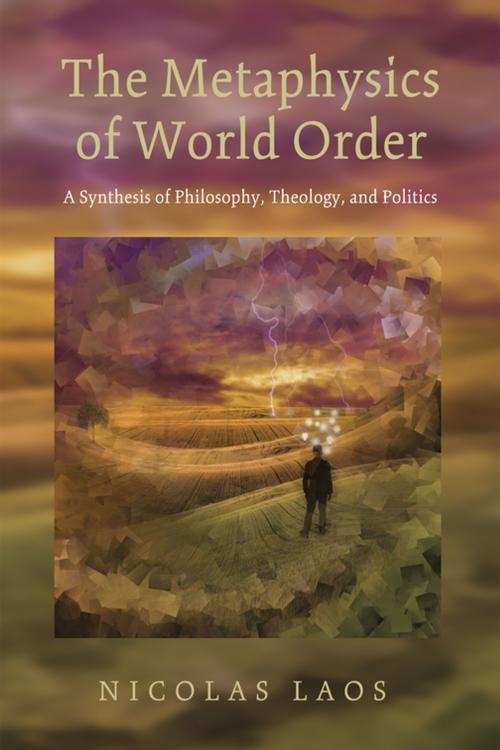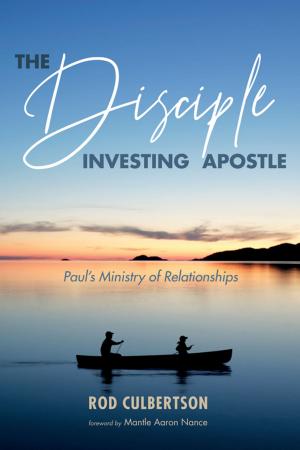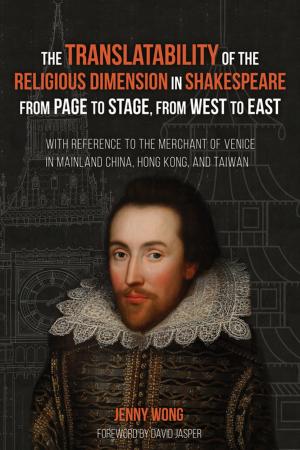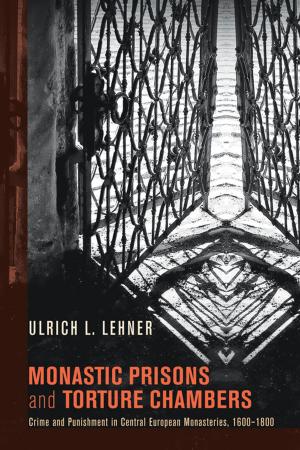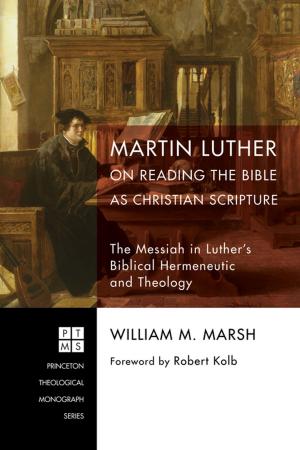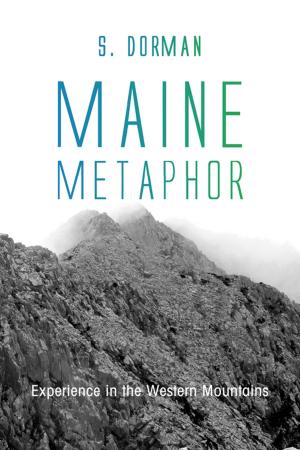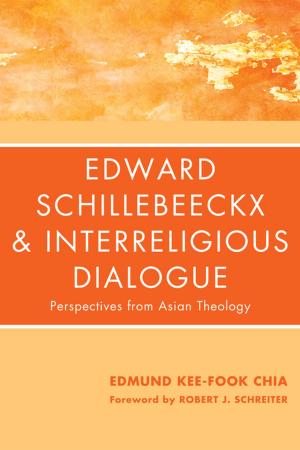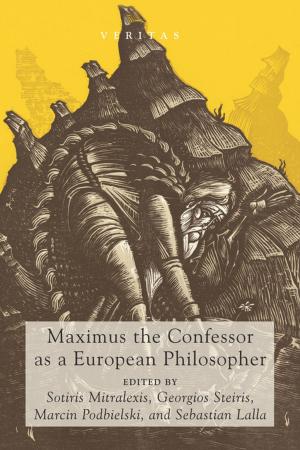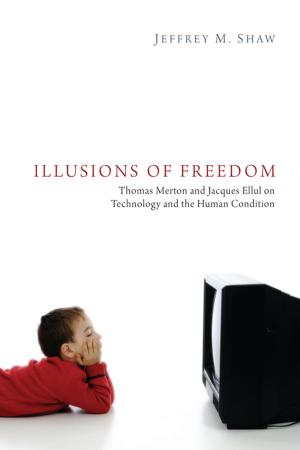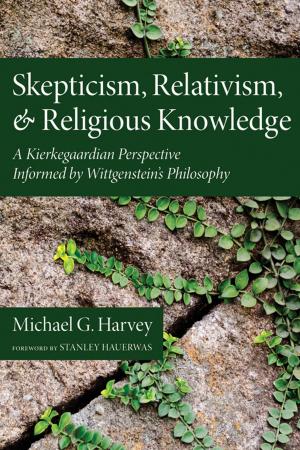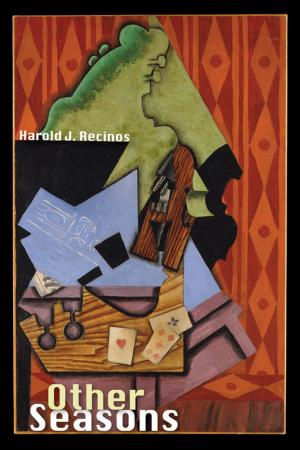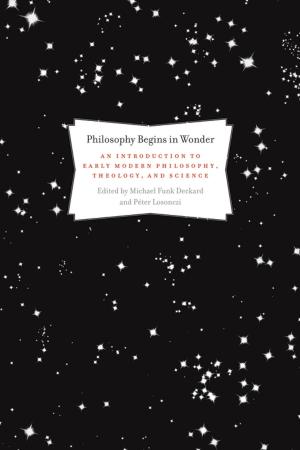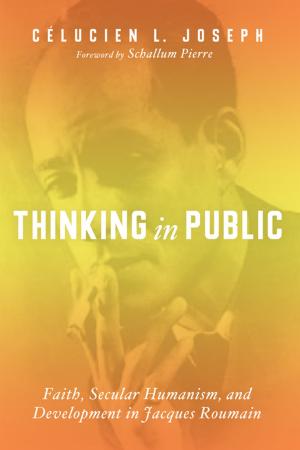The Metaphysics of World Order
A Synthesis of Philosophy, Theology, and Politics
Nonfiction, Religion & Spirituality, Philosophy| Author: | Nicolas Laos | ISBN: | 9781498201025 |
| Publisher: | Wipf and Stock Publishers | Publication: | January 19, 2015 |
| Imprint: | Pickwick Publications | Language: | English |
| Author: | Nicolas Laos |
| ISBN: | 9781498201025 |
| Publisher: | Wipf and Stock Publishers |
| Publication: | January 19, 2015 |
| Imprint: | Pickwick Publications |
| Language: | English |
In this book, Nicolas Laos studies the meaning of the terms "world" and "order," the moral dimensions of each world order model, and wider issues of meaning and interpretation generated by humanity's attempt to live in a meaningful world and to find the logos of the beings and things in the world. The aim of this book is to propose a unified theory of world order (i.e., a theory that combines philosophy, theology, and political theory). In this context, the author provides a thought-provoking (re)interpretation of classical philosophy (placing particular emphasis on Platonism), an in-depth inquiry into medieval philosophy and spirituality (placing particular emphasis on the cultural differences between the Greek East and the Latino-Frankish West), and an intellectually challenging review and evaluation of modern Western philosophy (including Descartes, Spinoza, Leibniz, Locke, Berkeley, Hume, Rousseau, Kant, Hegel, Kierkegaard, Husserl, and Heidegger) and of Nietzsche's and the postmodernists' revolt against modernity. He then elucidates the philosophical foundations and "pedigree" of each of the three basic political theories of modernity (i.e., Liberalism, Communism, and Fascism), and he studies the basic theoretical debates in International Relations, Geopolitics, and Noopolitics. Finally, Laos proposes a new, "fourth," political theory which he calls "metaphysical republicanism."
In this book, Nicolas Laos studies the meaning of the terms "world" and "order," the moral dimensions of each world order model, and wider issues of meaning and interpretation generated by humanity's attempt to live in a meaningful world and to find the logos of the beings and things in the world. The aim of this book is to propose a unified theory of world order (i.e., a theory that combines philosophy, theology, and political theory). In this context, the author provides a thought-provoking (re)interpretation of classical philosophy (placing particular emphasis on Platonism), an in-depth inquiry into medieval philosophy and spirituality (placing particular emphasis on the cultural differences between the Greek East and the Latino-Frankish West), and an intellectually challenging review and evaluation of modern Western philosophy (including Descartes, Spinoza, Leibniz, Locke, Berkeley, Hume, Rousseau, Kant, Hegel, Kierkegaard, Husserl, and Heidegger) and of Nietzsche's and the postmodernists' revolt against modernity. He then elucidates the philosophical foundations and "pedigree" of each of the three basic political theories of modernity (i.e., Liberalism, Communism, and Fascism), and he studies the basic theoretical debates in International Relations, Geopolitics, and Noopolitics. Finally, Laos proposes a new, "fourth," political theory which he calls "metaphysical republicanism."
